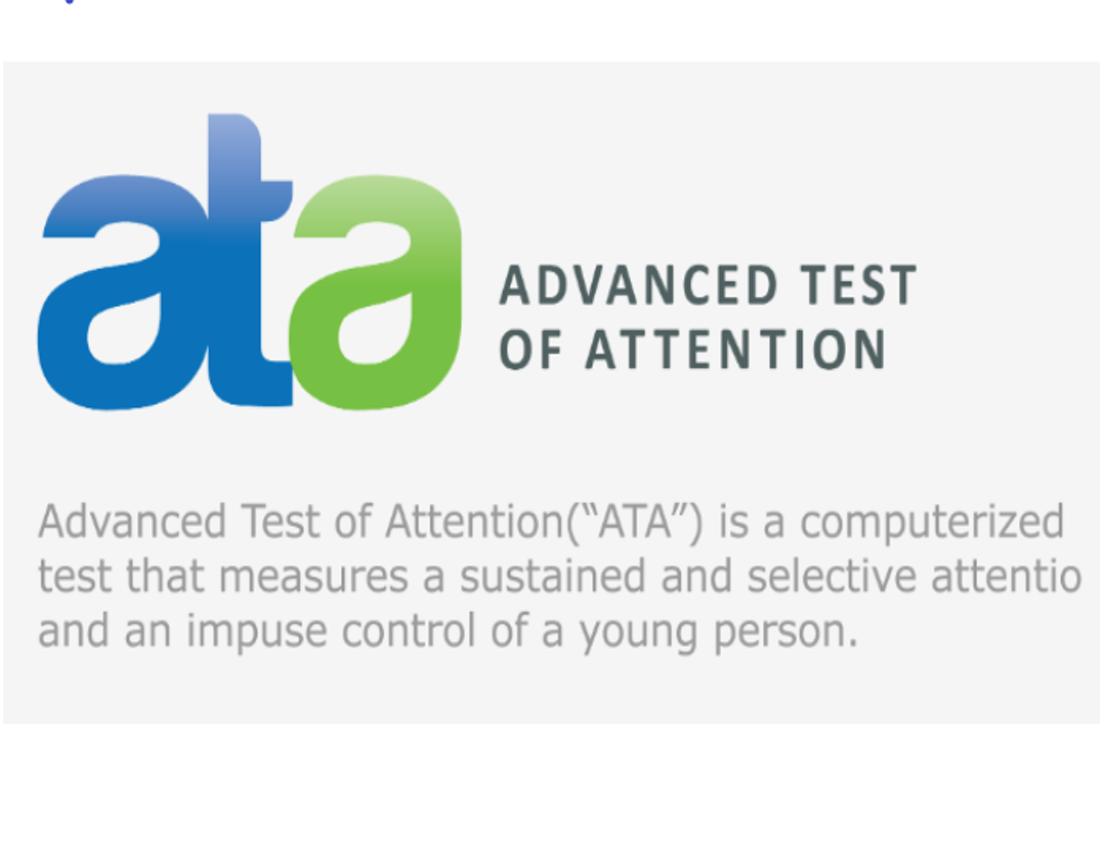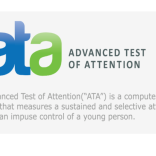ADHD
Adult ADHD symptoms
Disorganization and problems prioritizing
Poor time management skills
Problems focusing on a task
Trouble multitasking
Excessive activity or restlessness
Poor planning
Low frustration tolerance
Frequent mood swings
Problems following through and completing tasks
Hot temper
Clinical features
Attention-deficit/hyperactivity disorder (ADHD) is characterized by a persistent pattern of inattention and/or hyperactivity-impulsivity that interferes with functioning or development. ADHD can affect approx. 5% of school-aged children and can continue into adulthood. Adults with ADHD struggles with difficulty in impulsivity, restlessness, difficulty in paying attention, unstable relationships, low self-esteem, and poor work/school performance. They also find it difficult to focus and prioritize, leading to missed deadlines and forgotten meetings or social plans. The inability to control impulses can range from impatience waiting in line or driving in traffic to mood swings and outbursts of anger.
Diagnostic Test
Seoul Psychiatry Gangnam has used scientific tools to assess the clinical symptoms of ADHD and evaluate the efficacy of the pharmaceutical treatment correctly. As a computerized cognitive test, we use the Advanced Test of Attention (ATA), which was developed at Seoul National University College of Medicine, to measure sustained and selective attention to visual/auditory stimuli and impulsivity. ATA assesses ADHD symptoms with a computer for 30 minutes and the scores we obtain are objective behavioral indicators using a fixed paradigm and standard score. As ATA can measure acute effect of medication (pre- and post-medication effect in a day), it is a very useful clinical tool in adjusting the type and dosage of medications which are of utmost importance in treating ADHD.

